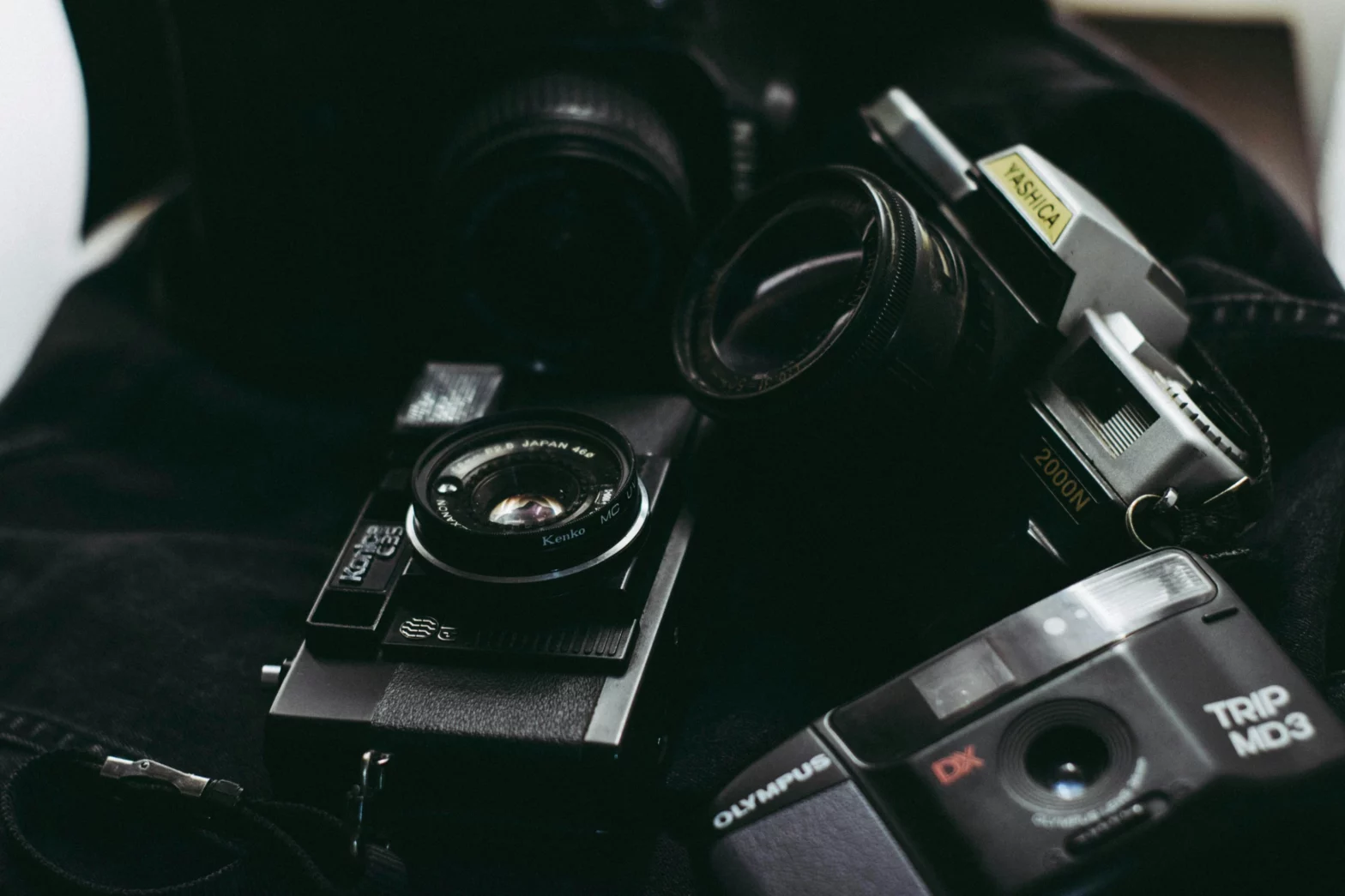In 2024, video content is king. Whether you’re a vlogger, filmmaker, or social media influencer, having the right video camera can make all the difference in the quality of your content. With so many options available, it can be overwhelming to choose the perfect camera for your needs. That’s why we’re here to break down the different types of video cameras to help you make an informed decision.
Let’s take a look at the different types of video cameras:
- Smartphone Cameras: Let’s start with the device you probably already have in your pocket – your smartphone. Modern smartphones come equipped with high-quality filming cameras capable of shooting stunning videos. They’re convenient, portable, and easy to use, making them perfect for capturing on-the-go moments or spontaneous content. While smartphone cameras may lack some advanced features found in dedicated video cameras, they’re a great starting point for beginners or those on a budget.
- Point-and-Shoot Cameras: Point-and-shoot cameras are compact, user-friendly devices that offer better image quality and more features than smartphones. They’re ideal for content creators who want something more than their smartphone camera but aren’t ready to invest in a professional setup. Point-and-shoot cameras typically offer optical zoom, image stabilisation, and various shooting modes, allowing you to capture a wide range of scenes with ease.
- Action Cameras: If you’re into adventure or sports-related content, an action camera might be the perfect choice for you. These compact cameras are designed to withstand rugged environments and capture high-quality footage in action-packed scenarios. With features like waterproof housing, wide-angle lenses, and built-in stabilisation, action cameras excel at capturing immersive and dynamic footage, whether you’re surfing, biking, or skydiving.
- DSLR Cameras: DSLR (Digital Single-Lens Reflex) cameras have long been a favourite among professional photographers and videographers. They offer superior image quality, interchangeable lenses, and manual controls, giving you full creative control over your videos. DSLRs are versatile tools that can adapt to various shooting situations, making them suitable for everything from cinematic filmmaking to documentary-style content. While DSLRs require a bit of a learning curve, the results they produce are well worth the effort.
- Mirrorless Cameras: Mirrorless cameras have gained popularity in recent years due to their compact size, lightweight design, and advanced features. Like DSLRs, mirrorless filming cameras offer interchangeable lenses and manual controls but lack the optical viewfinder and mirror mechanism, resulting in a smaller form factor. Mirrorless cameras deliver excellent image quality and performance, making them a favourite among videographers who value portability without compromising on quality.
- Camcorders: Camcorders are dedicated video cameras designed specifically for capturing high-quality video footage. They’re equipped with features like long zoom lenses, image stabilisation, and built-in microphones, making them ideal for shooting events, interviews, or vlogs. Camcorders are user-friendly devices that prioritise video performance over still image quality, making them a reliable choice for content creators who primarily focus on video content.
- Cinema Cameras: For professional filmmakers or those aspiring to create cinematic masterpieces, cinema cameras offer the ultimate filmmaking experience. These high-end cameras are designed to deliver unparalleled image quality, dynamic range, and colour accuracy, making them the go-to choice for Hollywood productions and independent filmmakers alike. Cinema cameras often come with a hefty price tag and require additional accessories for optimal performance, but for serious filmmakers, the investment is worth it.
Once you’ve decided the type of video camera you need for your content, you can check out our ‘Camera Buying Guide‘ to help you get started.
These are essentially the different types of video cameras and choosing the right type of camera for videos depends on your specific needs, budget, and level of expertise. Whether you’re just starting out or looking to upgrade your gear, there’s a camera out there that’s perfect for you. Take the time to research and test different options to find the one that best suits your style and workflow. With the right camera in hand, you’ll be well-equipped to create compelling and engaging content that resonates with your audience. Happy filming!

